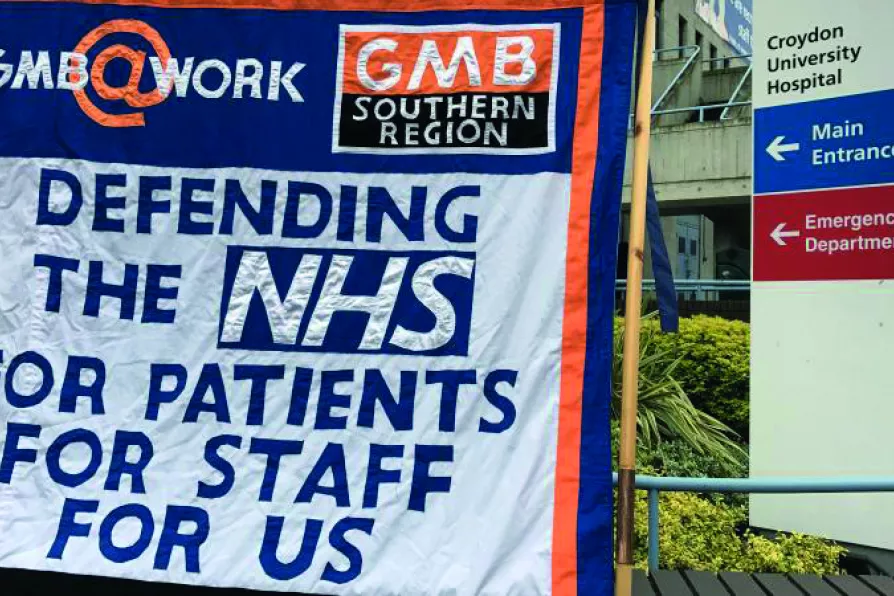Once the bustling heart of Christian pilgrimage, Bethlehem now faces shuttered hotels, empty streets and a shrinking Christian community, while Israel’s assault on Gaza and the tightening grip of occupation destroy hopes of peace at the birthplace of Christ, writes Father GEOFF BOTTOMS
Croydon: the struggle against outsourcing
Hospital staff in south London will soon ballot for strike action to gain proper sick pay, a living wage and to be brought in-house — this is a fight for the future of nationalised healthcare, writes HELEN O'CONNOR


EXPLOITATIVE contractor G4S runs the domestic and portering services in Croydon University Hospital.
Most of the workforce are migrants from Africa, the Carribean, Asia and eastern Europe and the conditions they endure daily would not look out of place in a Charles Dickens novel.
These workers are building solidarity with each other across racial divides as they become properly organised in a trade union for the first time.
Similar stories

ROGER McKENZIE calls for greater support from trade unionists and the general public for female workers involved in industrial disputes

The courage of striking Unison members across south-west England shows workers are ready to fight for their rights – and win, says Unison South West regional secretary KERRY BAIGENT












